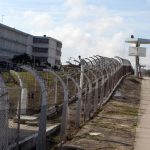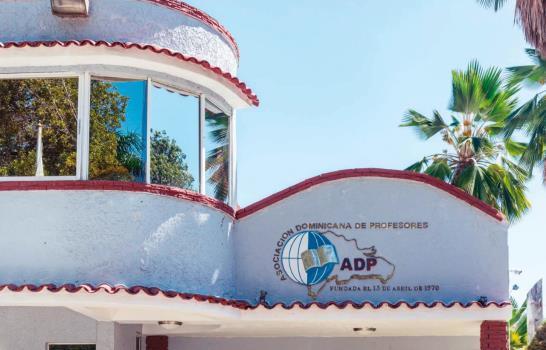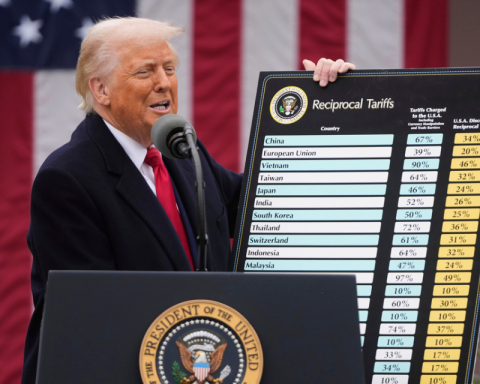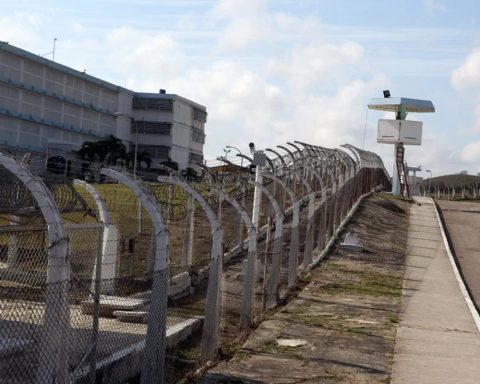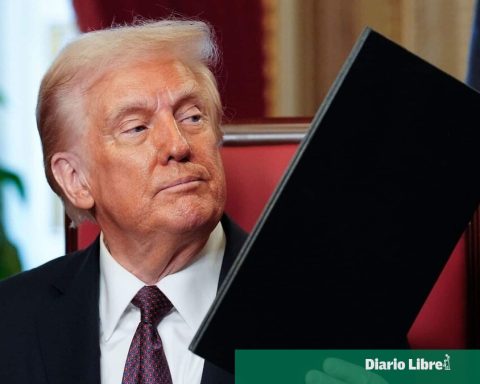The Government insists on its proposal to restore a direct flight between the Argentine territories of the Falkland Islands and the Continent despite repeated rejections by the United Kingdom. The route existed before the war in 1982 and our country intends to reactivate it so that both veterans of the war and the families of those who died in the war can visit the Darwin cemetery.
The British embassy sent, just days ago, a note to the Argentine Foreign Ministry where he bases his decision to continue canceling the flight from the airport of Sao Paulo (Brazil) to the Falkland Islandswhich was unilaterally canceled by the United Kingdom for a period well beyond the critical period of the coronavirus pandemic.
Within this framework, the Argentine Government asks to resume talks with the European nation in order to find a way for a direct flight to arrive from our continental territory to usurped islander. The flight in question that would arrive at Falkland Islands It would have a weekly frequency through the use of the flag company Aerolíneas Argentinas.
Due to the repeated rejections of the United Kingdom to the various proposals of both the Government of former President Mauricio Macri, and the current president, Alberto Fernández, The acting authorities contemplate the suspension of the Sao Paulo-Malvinas flight, until the European is willing to negotiate openly, an action that it does not carry out despite the demands of the United Nations (UN).

Falklands Secretary on British colonialism
Guillermo Carmona, secretary of Malvinas, Antarctica and the South Atlantic of Argentina, detailed the measures that the United Kingdom has on its colonies even in the 21st century, disrespecting not only Argentines, but also international law on decolonization and He sentenced: “It does not seem feasible that the United Kingdom can maintain this type of situation forever.”
“I want to highlight that we are in the 21st century and there are only 17 cases of colonization left in the world, in 10 of them the administering power is the United Kingdom, which speaks of an attitude of reluctance (…) in terms of decolonization on the part of of the British governmentspronounced the secretary and added about the current most controversial issue on the islands: “more recently another aggravating circumstance appeared, which is the introduction of Kosovar troops for military training.”

Another sign of colonialism is the permanent military presence, to which Carmona argued: “A little more than 3,500 people live in the Malvinas, but there is a military strength of about 1,500 troops, it is therefore one of the most militarized territories in the world.”









